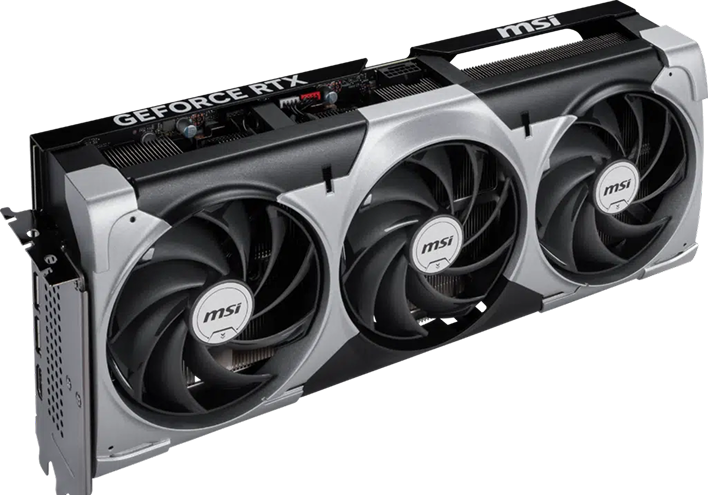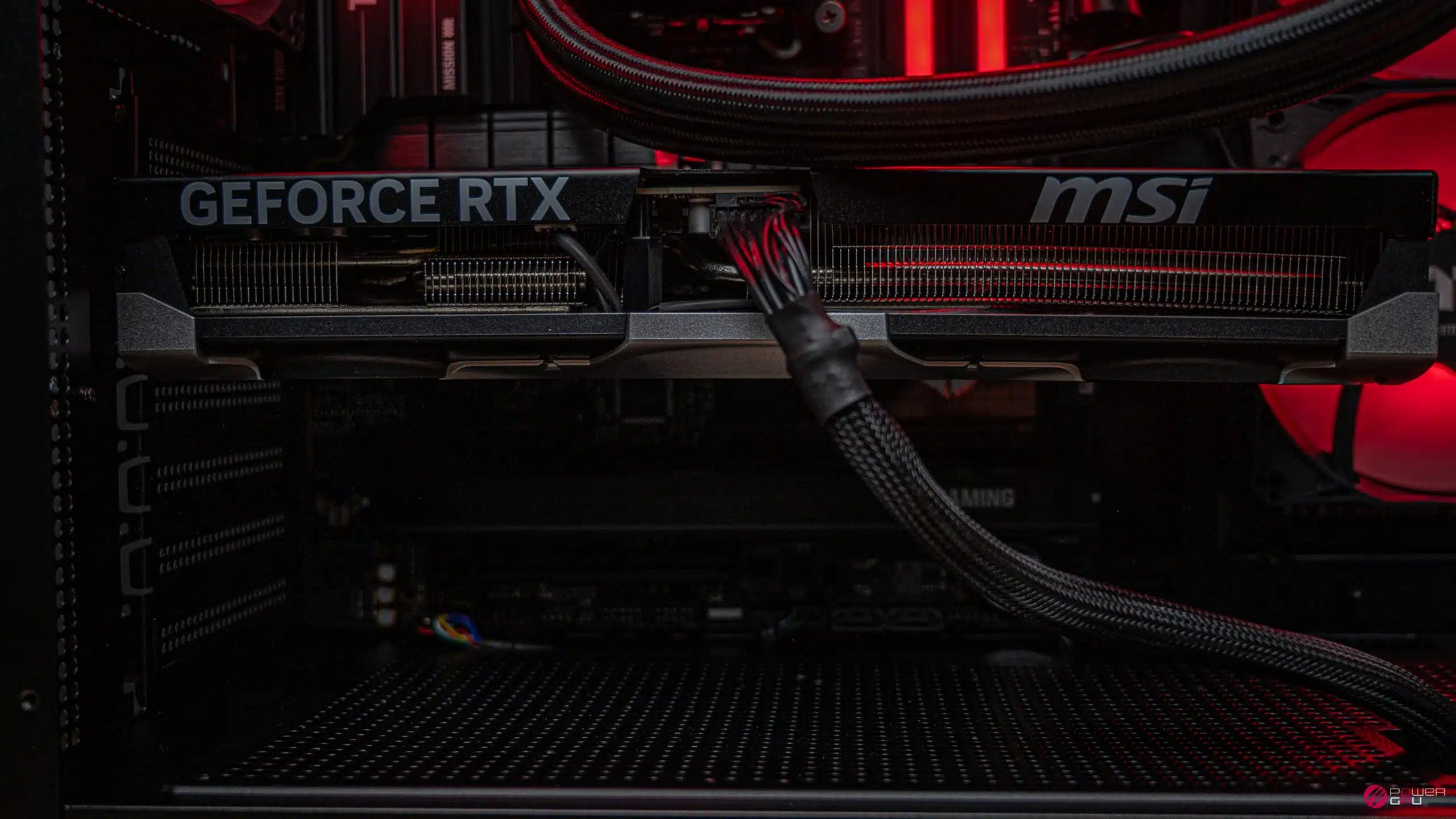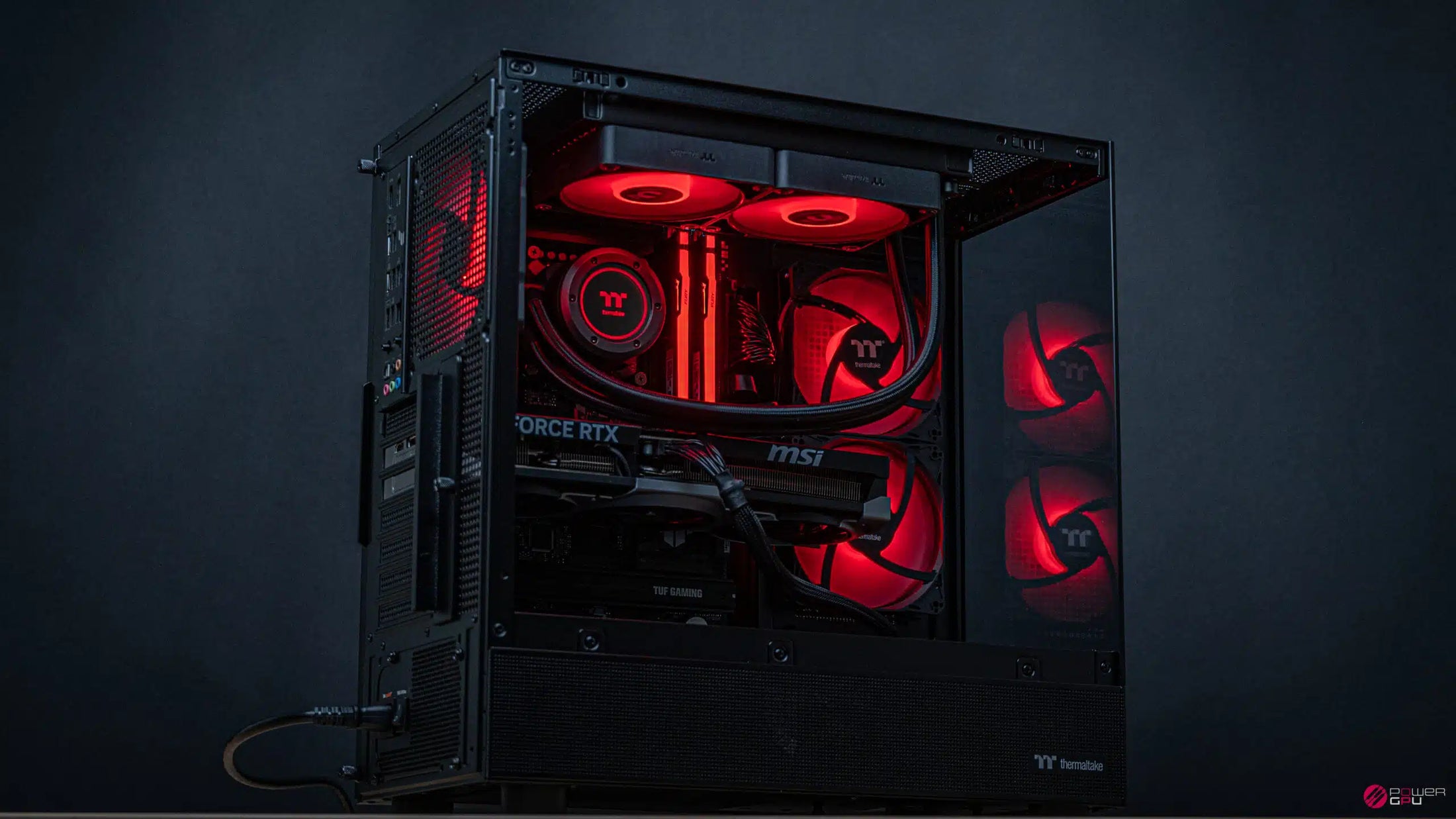
5070 VS 5080
NVIDIA’s Blackwell architecture has ushered in a new era of graphics performance, and at the heart of its mid-to-high-end offerings are the GeForce RTX 5070 and RTX 5080. These GPUs aim to deliver significant upgrades over their predecessors, but how do they stack up against each other? This comprehensive breakdown will compare their specifications, performance, features, and value proposition to help you decide which card best suits your gaming and creative needs.

NVIDIA GeForce RTX 5070 vs. RTX 5080: At a Glance
The RTX 5080 sits a tier above the RTX 5070, offering more CUDA Cores, Tensor Cores, and RT Cores, leading to generally higher performance, especially at 4K resolutions. Both cards leverage the new GDDR7 memory and PCIe 5.0 interface, ensuring future-proof connectivity and high memory bandwidth. However, the RTX 5070 often presents a better value for money, particularly for 1440p gaming.
Check out our Prebuilt 5070 Gaming Computers and 5080 Gaming Computers
Key Differences:
- Performance: The RTX 5080 generally offers a 10-20% performance lead over the RTX 5070, with the difference being more noticeable at 4K.
- CUDA Cores: The RTX 5080 boasts significantly more CUDA Cores (10,752) compared to the RTX 5070 (6,144).
- VRAM: Both cards feature GDDR7 VRAM, with the RTX 5080 having 16GB and the RTX 5070 having 12GB.
- TDP: The RTX 5080 has a higher Thermal Design Power (TDP) at 360W, while the RTX 5070 is rated at 250W.
- Price: The RTX 5080 is considerably more expensive than the RTX 5070.
NVIDIA GeForce RTX 5070 vs. RTX 5080: Specifications
Here’s a detailed comparison of the core specifications for the RTX 5070 and RTX 5080:
| Feature | NVIDIA GeForce RTX 5070 | AMD Radeon RX 9070 XT |
|---|---|---|
| Architecture | Blackwell |
Blackwell |
| GPU Chip | GB203 (cut-down) |
GB203 |
| Process Technology | TSMC 4N |
TSMC 4N |
| CUDA Cores | 6,144 |
10,752 |
| Tensor Cores | (Approx. 192) |
336 |
| RT Cores | (Approx. 48) |
84 |
| Base Clock | 2.16 GHz |
2.30 GHz |
| Boost Clock | 2.51 GHz |
2.62 GHz (FE), up to 2.78 GHz (OC) |
| Memory | 12GB GDDR7 |
16GB GDDR6 |
| Memory Interface | 192-bit |
256-bit |
| Memory Speed | 28 Gbps |
30 Gbps |
| Memory Bandwidth | Up to 672 GB/s |
Up to 960 GB/s |
| TDP | 250W |
360W |
| PCIe Interface | PCIe 5.0 x16 |
PCIe 5.0 x16 |
| Display Outputs | 3x DisplayPort 2.1b, 1x HDMI 2.1b |
3x DisplayPort 2.1b, 1x HDMI 2.1b |
| Release Date | February 2025 |
January 30, 2025 |
| MSRP | $549 |
$999 |
Note: Some specifications for the RTX 5070 (e.g., exact Tensor and RT core count) are estimations based on typical NVIDIA scaling and available information, as detailed official specs are not always immediately available in the same format.
NVIDIA GeForce RTX 5070 vs. RTX 5080: Performance
When it comes to raw gaming performance, the RTX 5080 holds a clear advantage, especially as resolution increases.
- 4K Gaming: The RTX 5080 is designed for uncompromised 4K gaming at 60fps and above, often delivering a 5-15% lead over the RTX 5070 Ti (which is very close to the standard 5070 in some benchmarks). Games like Cyberpunk 2077 (native Ultra) show the 5080 hitting 68fps compared to the 5070 Ti’s 59fps.
- 1440p Gaming: At 1440p, the gap narrows, and the RTX 5070 remains a very capable card, often delivering high refresh rates. While the RTX 5080 still leads, the performance difference might not always justify the price premium for 1440p users. For instance, in some titles, the 5070 Ti is “near enough on par” with the 5080.
- Ray Tracing and DLSS 4: Both cards leverage NVIDIA’s 4th Gen Ray Tracing Cores and 5th Gen Tensor Cores, alongside the new DLSS 4. DLSS 4, with its Multi Frame Generation and enhanced Ray Reconstruction, offers significant performance uplifts, particularly in ray-traced titles. The RTX 5080’s higher core count will naturally benefit more from these technologies, allowing for higher fidelity and frame rates with ray tracing enabled.
- Synthetic Benchmarks: In synthetic tests, the RTX 5080 generally shows a substantial lead. For example, in GeekBench 6 Compute (OpenGL), the RTX 5080 scores around 285,993 compared to the RTX 5070 Ti’s 243,483, indicating a 17.4% difference.
General Performance Expectation: Expect the RTX 5080 to offer roughly a 10-20% performance uplift over the RTX 5070 across various gaming and productivity workloads.

NVIDIA GeForce RTX 5070 vs. RTX 5080: Price & Value
The pricing is a critical factor in the 5070 vs. 5080 debate.
- NVIDIA RTX 5070: With an MSRP of $549, the RTX 5070 is positioned as a strong contender in the upper-midrange market, offering excellent 1440p performance and capable 4K gaming with DLSS 4. NVIDIA even claimed its performance could be comparable to the RTX 4090 with Frame Generation, a claim that needs careful scrutiny but highlights its potential.
- NVIDIA RTX 5080: Priced at $999, the RTX 5080 aims for the premium segment, offering a step up in raw performance. However, some users have noted that the 10-15% performance increase for a 35% higher price doesn’t always represent the best value.
Value Proposition: For gamers primarily targeting 1440p, the RTX 5070 appears to be the better value, offering excellent performance for its price point. For those who demand the absolute best performance at 4K and are willing to pay a significant premium, the RTX 5080 justifies its cost with its higher core count and memory bandwidth.
NVIDIA GeForce RTX 5070 vs. RTX 5080: Features & Technologies
Both GPUs are part of the NVIDIA Blackwell family, meaning they share many of the same cutting-edge features:
- Blackwell Architecture: The foundation of the 50-series, bringing generational improvements in core efficiency and performance.
- DLSS 4: The latest iteration of NVIDIA’s Deep Learning Super Sampling, featuring new Multi Frame Generation and enhanced Ray Reconstruction for superior image quality and frame rates.
- 4th Gen Ray Tracing Cores: Improved ray tracing performance for more realistic lighting, reflections, and shadows in supported games.
- 5th Gen Tensor Cores: Enhanced AI performance, crucial for DLSS, AI-powered applications, and future features like RTX Neural Material.
- GDDR7 Memory: Faster and more efficient memory compared to previous generations, contributing to higher bandwidth.
- PCIe 5.0: Ensures maximum bandwidth with modern motherboards, preventing bottlenecks.
- NVIDIA Reflex: Reduces system latency for competitive gaming.
- NVIDIA Broadcast: AI-powered voice and video enhancements for streaming and online meetings.
- NVIDIA Studio: Accelerates creative applications for content creators.
While both cards share these features, the RTX 5080’s more robust hardware allows it to utilize these technologies more effectively, delivering higher performance and fidelity at greater resolutions.
NVIDIA GeForce RTX 5070 vs. RTX 5080: Conclusion & Recommendation
The choice between the RTX 5070 and RTX 5080 ultimately depends on your budget, resolution target, and performance expectations.
- Choose the NVIDIA GeForce RTX 5070 if:You primarily game at 1440p and aim for high refresh rates.You want excellent performance for a more accessible price point.You are upgrading from an older generation card (e.g., RTX 30-series) and seek a significant performance boost without breaking the bank.Value for money is a primary concern.
- Choose the NVIDIA GeForce RTX 5080 if:You are a serious 4K gamer who demands uncompromised performance at high frame rates.You engage in demanding creative workloads that benefit significantly from more CUDA Cores and higher memory bandwidth.Budget is less of a concern, and you prioritize maximum performance within the Blackwell mid-to-high range.You want the best possible experience with ray tracing and DLSS 4, even at higher resolutions.
While the RTX 5080 is undeniably the more powerful card, the RTX 5070 presents a compelling value proposition, especially for 1440p gamers. The relatively smaller performance gap between the two, coupled with the significant price difference, makes the RTX 5070 a strong contender for many users looking to enter the Blackwell generation without the premium cost of the 5080.

